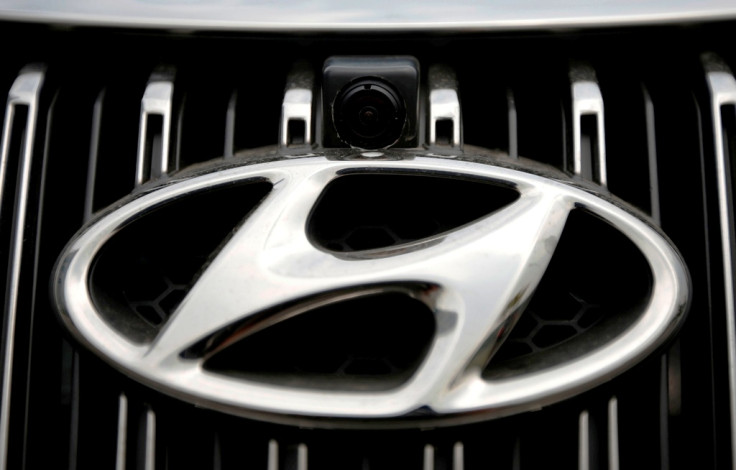Hyundai-Led Group's Record $10bn Bid for Prime Seoul Real Estate Shocks Investors
Hyundai and affiliates together lose nearly $8bn in market value.

Hyundai Motor and its affiliates together lost nearly $8bn in market value on 18 September as news about the trio agreeing to pay a record 10.55tn won for prime real estate in Seoul rattled shareholders.
Hyundai Motor's shares fell the most in over three years after it led a group, including parts maker Hyundai Mobis and Kia Motors, that outbid Samsung Electronics for the land parcel in Seoul with a $10bn (£6.1bn, €7.7bn) offer.
The outcome of the auction was confirmed in a statement by the seller, Korea Electric Power (Kepco).
Hyundai Motor's stock finished 9.17% lower in Seoul. Hyundai Mobis ended 7.9% lower while Kia Motors closed 7.8% lower.
The 79,342-square-metre site is located in the heart of Seoul's posh Gangnam district. The Hyundai-led group's offer tripled the property's assessed value.
Cash-rich Hyundai intends to build offices, an auto theme-park and a hotel on the land parcel, which currently houses Kepco's headquarters, reports said.
Investor Ire
Investors were quick to question the logic behind Hyundai's move.
Kim Sung-soo, a fund manager at LS Asset Management and an investor in the Hyundai firms that formed the bidding group estimated that it will cost another $6bn to develop the property:
Kim told Reuters: "The bid price is nonsense. I was stunned..."
Ko Tae-bong, auto analyst at HI Investment & Securities, told the news agency: "This deal is going to take a huge chunk out of Hyundai's vault, and dipping their hands into a cash stash that could have otherwise been used for higher dividend payouts and R&D is going to aggravate many investors, especially foreigners." Foreign investors own 46% of Hyundai shares.
Chae Yi-bai, an analyst at Solidarity for Economic Reform, an activist group, said: "Hyundai Motor needs to proactively reach out to shareholders to convince them on the rationale of the deal and provide adequate explanation."
Hyundai Motor Group's 10 listed firms, excluding financial firms, had 42.8tn won in cash and equivalents at the end of the first-quarter, according to public filings compiled by data consulting firm CEO Score.
© Copyright IBTimes 2025. All rights reserved.






















